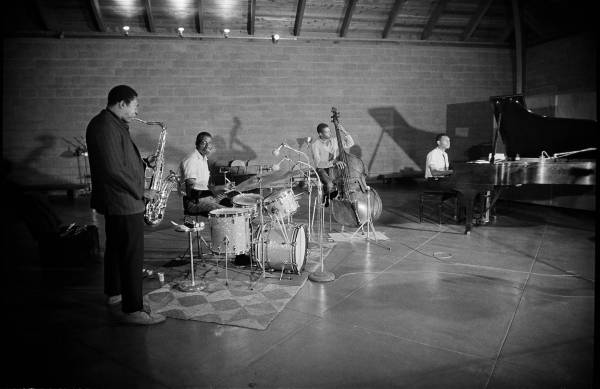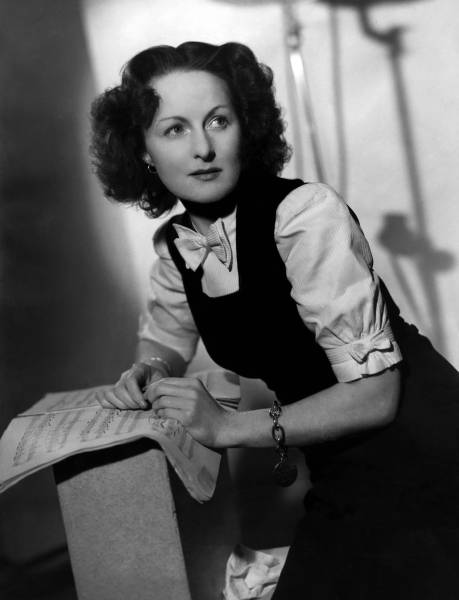
If Donald Trump has been good for anything, it has been prodding the art of protest songs with the sharpest stick since the Vietnam War. Simultaneously, after cracking for half a century, the foundations underpinning musical genres collapsed almost entirely in 2018. Occasionally the genre-disintegration and protesting collided, as on Marc Ribot’s brilliant Songs of Resistance 1942-2018, a melange of spirituals, free jazz, country, folk and more, with guest singers including Tom Waits, Steve Earle and a Mexican singer whose name was withheld due to fears of Trump regime retaliation against her visa status. Perhaps this was wise: she sings Rata de Dos Patas (Rat with Two Legs). Ribot’s avant-rock band Ceramic Dog released the even angrier YRU Still Here?, including the furious F— La Migra (a contemptuous abbreviation for the US Immigration and Customs Agency.
Defying idiom completely was Gurrumul’s posthumously-released Djarimirri, on which his singular, ethereal voice delivered 12 traditional Yolngu songs and chants set against modernist orchestral settings devised by Erkki Veltheim. Bruce Elder’s review described it as “the point where ancient Aboriginal culture and modern western orchestral traditions fall into a loving embrace and a totally new music is born”.
Another blurring occurred on guitarist Julian Curwin and soprano Jane Sheldon’s Crossing, partly a bucolic dream and part sonic and temporal rainbow arching from the 13th century to now. Curwin and Sheldon composed settings for French, Spanish and English poetry of lost or unrequited love, their music bathing in a medieval ethos without descending to pastiche.
Bridge of Dreams was among the most complete marriages of jazz and Hindustani music yet, bringing together saxophonist Sandy Evans, Sirens Big Band, Bobby Singh and three leading Indian performers, the music both luxuriant and accessible.

Both Directions at Once – The Lost Sessions is a studio recording of John Coltrane’s classic quartet (arguably the most potent jazz band, ever) that had been missing for 55 years. Diana Krall and a frail-sounding Tony Bennett shared crooning duties on Love Is Here To Stay, and fine albums from Barney McAll, Jacob Bro, Paul Grabowsky and Dave Holland were all outshone by Tyshawn Sorey’s stunningly ambitious triple album Pillars. A slow-moving, deftly-shaped improvisation for eight players, this redefined the use of space and dynamics, and will be influential for years to come.
From around the globe came assorted gems including pianist Thandi Ntuli’s Exiled, on which she continued the exuberant tradition of shaking South African music and jazz into a heady cocktail. Ry Cooder had Jesus talking to Woody Guthrie about Trump-era evils on The Prodigal Son, an album of spirituals, and notable local releases came from Joseph Tawadros and Eishan Ensemble. From Ireland came the Gloaming’s glorious Live at the NCH, Thomas Bartlett’s piano harmonies enveloping melodies from Martin Hayes’s fiddle, Caoimhin O Raghallaigh’s hardanger d’amore or Iarla O Lionaird’s mesmeric singing, and shifting them subtly in mood, rather like looking at an image through lightly frosted glass.
Elder cheered the decision to let Martin Simpson program his own An Introduction to… compilation, describing him as “England’s greatest living male folk singer”. Across the pond on that lazy porch where folk and Americana intersect, Dori Freeman released one of the year’s best in Letters Never Read. Joshua Hedley whittled away at old-time country music on Mr Jukebox, a debut that Samuel J Fell described as aching with memories of “crying into beers over lost love and wasted opportunity”. Elder was equally enthusiastic about the local country of Kevin Bennett, Lyn Bowtell and Felicity Urquhart on Weeds, with its “songs of true depth and honesty… happily free from the Aussie jingoism of utes, mates and the mythical outback”.

In opera Jonas Kaufmann maintained his prodigious output without diluting his reputation with the eclectic An Italian Night. Barney Zwartz championed a performance of Berlioz’ monumental Les Troyens, conducted by John Nelson with the Strasbourg Philharmonic Orchestra, and a cast led by Marie-Nicole Lemieux, Joyce DiDonato and Michael Spyres.
Zwartz also celebrated The Complete Studio Recordings of Australian pianist Eileen Joyce, with her “crystalline technique” and vibrancy, as she ranged from Bach to Shostakovich. Even more notable was Claudio Arrau’s Complete Philips Recordings. If Beethoven lies at the heart of these 80 discs, Zwartz points to the pianist also bringing “moral intensity and dignity” to composers from Chopin to Debussy.
Pink Floyd co-founder Roger Waters turned in a surprise package, providing the spoken-word material for The Soldier’s Tale, a 1918 collaboration between Igor Stravinsky and poet Charles Ramuz. Harriet Cunningham described it as “music-making of the highest order”, to send “a delicious shiver down your spine”.
Finally we cannot let the year pass without reference to the lavish compilation of everything Bach ever wrote – which, even at 300 discs, is a short-hand summary of so much that’s happened since.